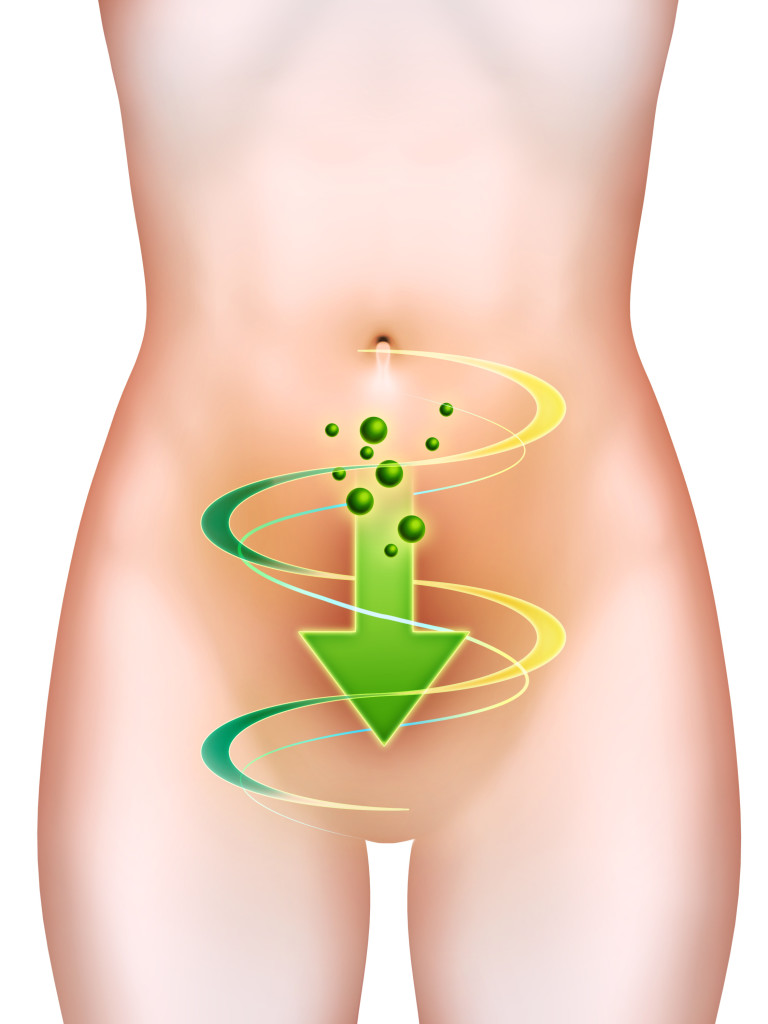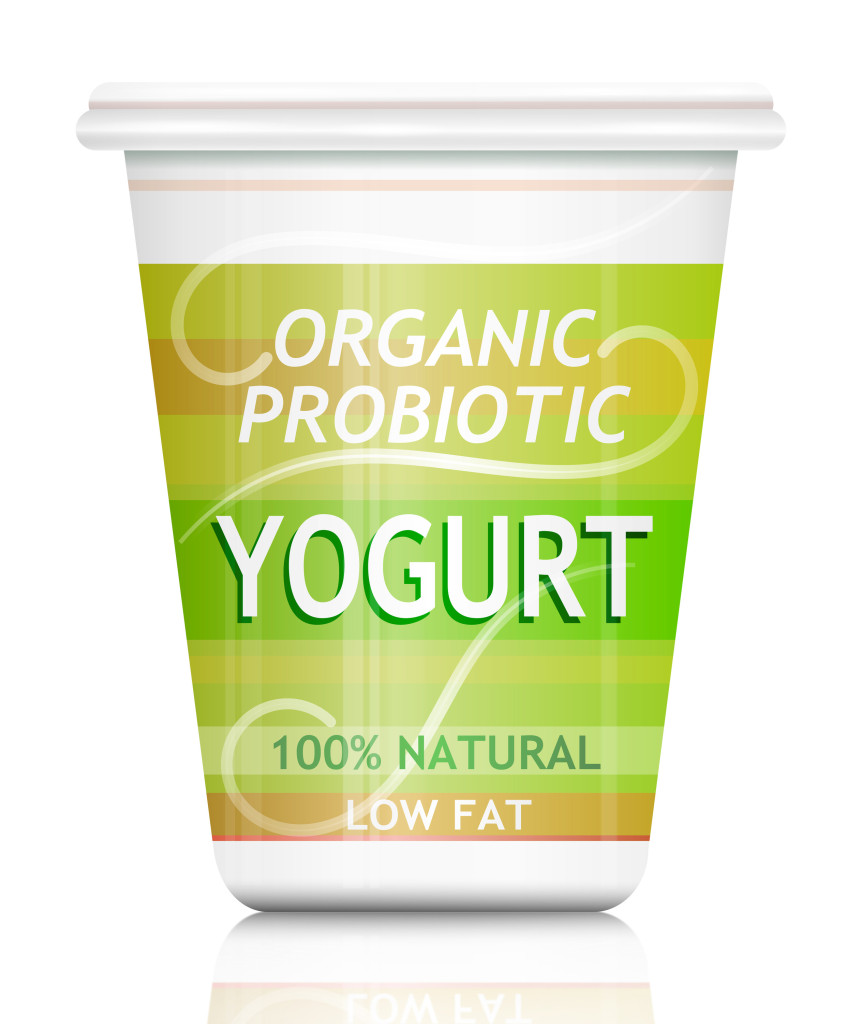 You’ve heard all about them, or seen them advertised in your food: yogurt, sauerkraut, and even pickles! But what are they exactly? And why are they good for you? Read on to find out!
You’ve heard all about them, or seen them advertised in your food: yogurt, sauerkraut, and even pickles! But what are they exactly? And why are they good for you? Read on to find out!
Probiotics are live microorganisms that can give beneficial effects to the host (what these benefits are will be discussed later on). Now this may sound kind of gross, but you have thousands of microorganisms living in your gastrointestinal tract already! These microorganisms help us in numerous ways, such as helping our vitamin intake and making sure that malignant bacteria don’t take over our intestines. They even do all these at the low cost of digesting food that we can’t digest ourselves such as cellulose.
But if we already have beneficial microorganisms in our gastrointestinal tract, why do we need probiotics?
The simple fact of the matter is that the food that we consume everyday has bacteria on it in some form. These bacteria can be harmful or beneficial, but it’s nearly impossible to make a food completely sterile. Instead food is cooked and handled to a level where it’s “acceptable;” in other words, the amount of bacteria on the food won’t make you sick because there’s too little, or it’s weakened.
With bacteria making its way into our gastrointestinal system, every day it’s important that there’s a balance. This is where probiotics come in. Probiotics can make it harder for malignant bacteria to grow by competitive inhibition—think of it like there’s only room for one car in a driveway, so if the beneficial bacteria are thriving the malignant bacteria have no chance to set up.
This is why sometimes after taking antibiotics you might experience an upset stomach or diarrhea as the antibiotics not only kill the harmful bacteria but the beneficial bacteria in your intestines as well. Taking probiotics in a case like this may help to reduce the amount of discomfort as the result of antibiotics.

However, this isn’t the only potential benefit of probiotics. Currently, there is research being done that may prove that people with lactose intolerance can benefit from certain probiotics as the beneficial bacteria will partially digest the lactose, thus lessening the physiological response of lactose. Animal studies have also been shown that probiotics may help lower cholesterol by possibly limiting its re-absorption into the bloodstream.
While much of the other benefits of probiotics are being investigated (there are even claims it can be preventative against colon cancer), there are many ways currently to get probiotics into your diet today. While the most widely known food to contain probiotics is yogurt, here are some of the other foods that can be beneficial to your intestines:
- Dark chocolate
- Miso Soup
- Sauerkraut
- Kimchi

Thank you for putting Dark Chocolate on the list. I have to be careful with yogurt because it is really high in sugars, even the plain ones. I did find one that has 9g but it was really gross.